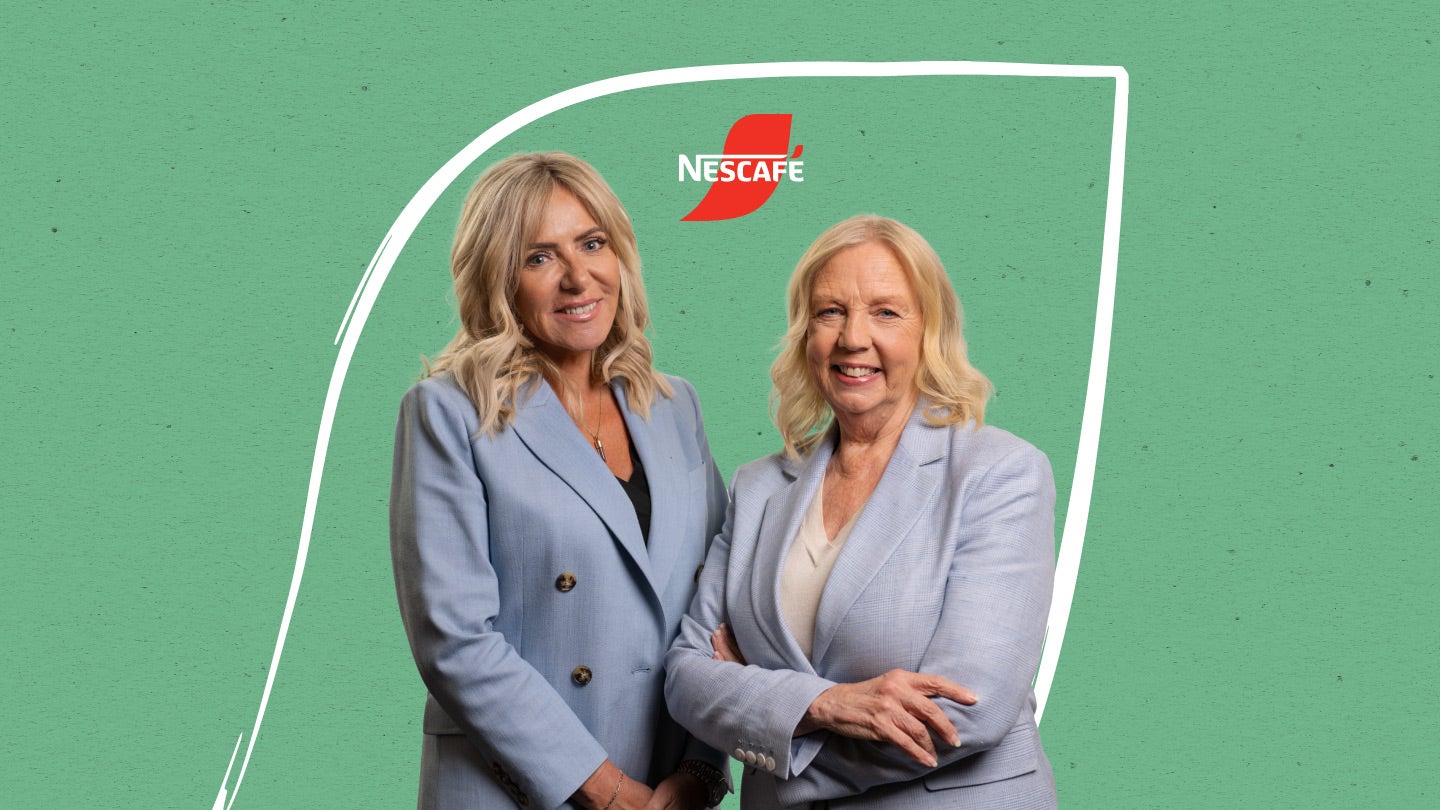
How AI is transforming foodservice sustainability
Listen to the insights from the latest Footprint podcast in association with Nestlé Professional.
Artificial intelligence (AI) is already transforming how foodservice businesses approach sustainability, from measuring food waste in real time to monitoring deforestation from space. In the latest episode of the Footprint Sustainability Bites podcast, experts explore how AI is being deployed across the sector to drive smarter, more sustainable decision-making.
Introductions
AI has surged into the mainstream, but what does it really mean for foodservice? In this episode of the Footprint podcast, the expert panel shares how businesses are cutting through the hype to find practical, scalable applications for AI that improve sustainability performance, reduce waste, and support a more resilient food system.
Hosted by Nick Hughes, Associate Editor at Footprint, the episode features insights from:
- Sam Fianu, Digital Consumer Experience Lead, Nestlé
- Svilen Boyadzhiev, Head of Technology, Elior UK
- David Jackson, Director of Marketing & Public Affairs, Winnow
Breaking down AI
Artificial intelligence is a broad field, but at its core, it's about technology that mimics human intelligence and can improve over time. In foodservice, this could mean anything from ChatGPT-style generative tools to the computer vision systems that help kitchens reduce food waste. What sets AI apart from traditional tech is its ability to learn, adapt, and optimise processes based on data, something the sector is starting to harness in powerful ways.
From food waste to actionable insights
Food waste is one of the clearest examples of AI’s potential. As David Jackson from AI food and waste solutions company Winnow explains, commercial kitchens typically waste between 5–15% of the food they buy, not from neglect, but from the difficulty of forecasting in busy, high-volume environments.
Winnow’s AI-powered system captures real-time images and weights of food as it’s discarded, identifying what’s being wasted and how much it costs. This data is fed back into kitchen operations to improve portioning and planning.
The impact:
- Winnow works with brands like IKEA, Hilton, and Compass Group
- Helping businesses save over $85 million in food annually
- IKEA alone cut its food waste in half, saving $37 million
Smarter planning and supply chain optimisation
Elior UK is using AI to plan more efficiently, cutting waste and emissions through better demand forecasting and portion control. By collecting and analysing data from kitchen operations, Elior can tailor future menus and optimise supply orders, reducing surplus, cost and carbon impact.
At Nestlé, AI is being used to support farmers directly, from soil monitoring that tracks water use and crop health, to satellite-powered deforestation monitoring. AI helps Nestlé ensure supply chain compliance while also supporting regenerative practices that improve biodiversity and long-term yield.
Partnerships, not silos
All three panellists agreed: AI only delivers value when it’s aligned with business and sustainability strategies. At Elior, a dedicated AI Champions Network helps bring new ideas to life, while both Nestlé and Winnow stressed the importance of working with agile start ups to stay ahead of AI’s rapid development curve.
People still matter
With AI developing at pace, workforce implications are a natural concern. But the panel emphasised that AI is not about replacing people, it’s about enabling them.
From freeing up chefs to focus on creativity, to helping sustainability teams make faster, more informed decisions, AI works best when combined with human expertise.
Looking ahead
The panel shared areas of growing interest for AI in foodservice, including:
- Predictive analytics for smarter forecasting
- AI agents that make real-time decisions
- Personalised experiences driven by consumer data
- AI's potential to cut 5 –10% of global emissions (Google/BCG)
With so much potential still untapped, the conversation around AI and sustainability is just beginning and this episode offers a compelling starting point.


